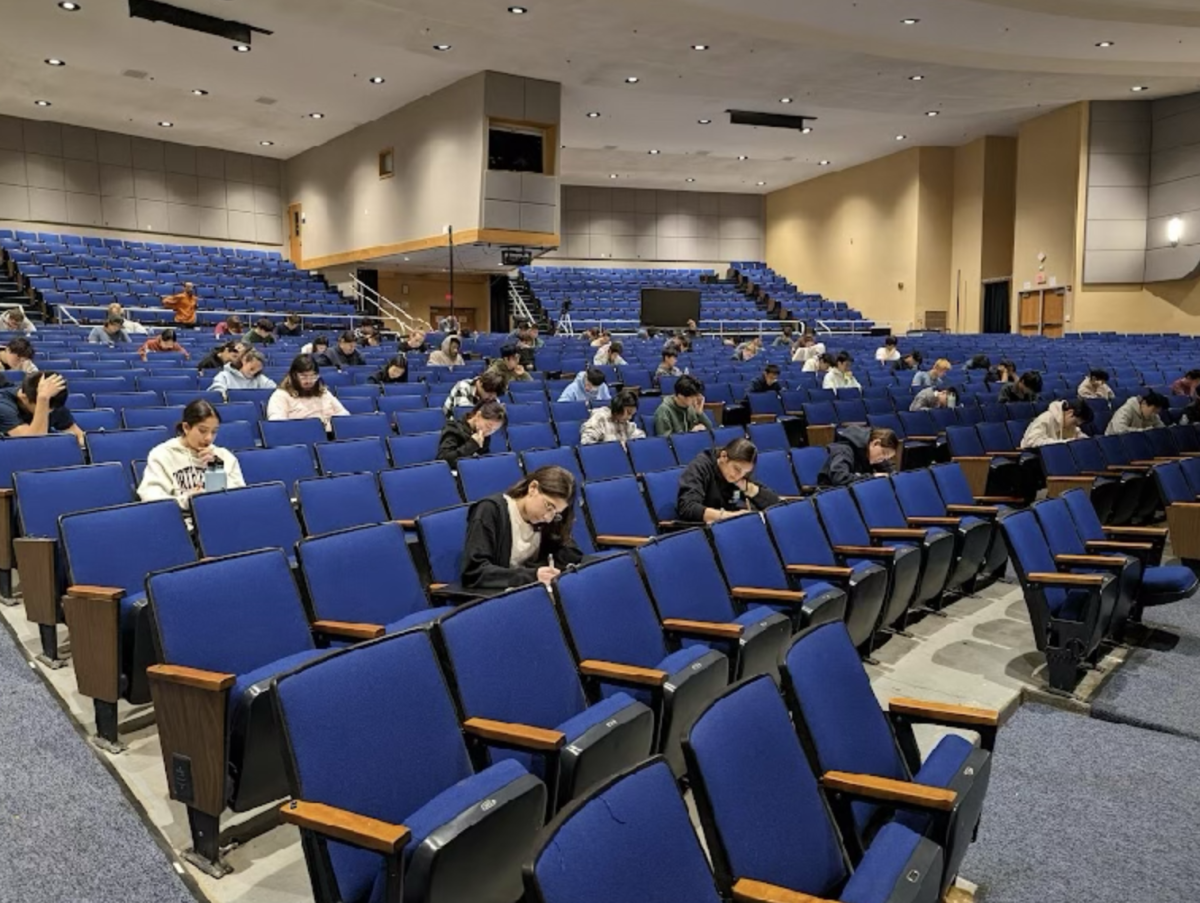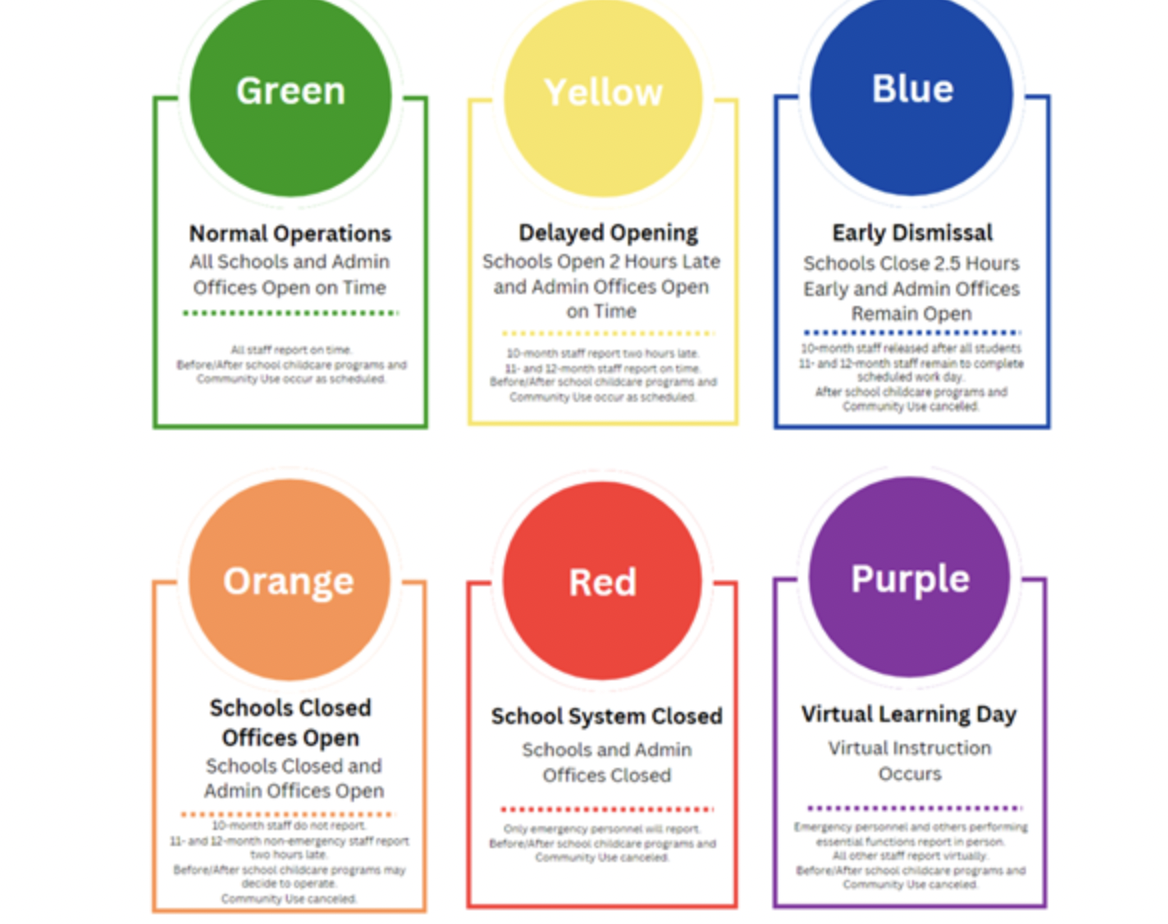When most children and teenagers enter foster homes, they are attempting to escape a troublesome and unfortunate past, typically because of the risk or actual occurrence of physical and/or psychological harm caused by their biological parents or legal guardian. They often seek comfort and safety, but what the sad majority of children find is that as they enter these homes seeking refuge, they in fact enter worse conditions: they subsequently fall behind, ending up in the same situation they once desperately tried to escape.
Most children and teens are ordered into foster homes by their respective state via the family court and child protection. In most cases, the situation is intended to be temporary until a permanent home can be found or until the biological family can prove their family setting is safe. However, according to new information, many of the state-certified caregivers who house foster children are becoming increasingly less fit to serve as foster parents to the children. Many advocates believe that not enough background checks are being done and not enough training is being given.
A recent long-term national study following 602 youths from Illinois, Iowa and Wisconsin in the foster care system—the largest to follow such children over many years—released its results this past month, showing a gloomy outlook for adolescents of the system.
According to the study, which was published in an April 6 NY Times article, only half the youths who had turned 18 and left the foster care system were employed by their mid-20s, six in 10 had been convicted of a crime, and only six in 100 had completed even a community college degree. Three in four women followed in the study were receiving some form of public assistance.
When children enter the foster care system, they are young and in dire need of education, love and support. They need to learn by example how to become better people than the dangerous and harmful people who raised them. Many are victims of abuse—violent and sexual—and so they require proper education and therapy. They need someone to look up to and a mentor to put them on the right path. However, foster children are clearly not receiving the care and attention they require in these temporary—the evidence currently shows that the children are increasingly falling into a damaging path that sets them up for a bleak future.
This flawed foster care system cannot go on much longer without much needed reform and set restrictions; the system receives about 30,000 children annually—a population that can no longer be neglected by the state and federal government.
Efforts have been made by the federal and state governments in the past decade to fix the system with measures such as supporting former foster care youths with education grants, temporary housing subsidies, and extra years of state custody and support, but the new data reveals that just over half of the individuals in the system are benefiting from such aid.
Many of the youths who enter the foster care system are forced to leave by the age of 18, and as adults fall in a dangerous path of violence, criminal convictions, substance abuse, mental health problems, and inadequate educational preparation to receive income-boosting jobs.
While some foster care homes may be attentive to the individuals when they are still under the roof of the house, once the particularly troubled individuals leave the home, they feel lonely and helpless—they often have no reliable adults to advise them or provide emotional support. Young adults who have grown up in foster care need more guidance in making the transition to independent living.
The foster care system needs to be changed so that children spend less time in the temporary foster homes: these children should live with foster families who are more experienced and have proper background checks. The government needs to work more efficiently to find the children stable and permanent homes in comfortable, friendly environments in a timely manner.
These children cannot control their fate—they are thrust into these homes not out of choice, but because they have no other options. Children who enter foster homes as a temporary shelter often get stuck in the system up to the age of 18 and they have no way out. Thus, the government needs to ensure that children who are stuck in this system are provided with the same equal opportunities as others in our country.







